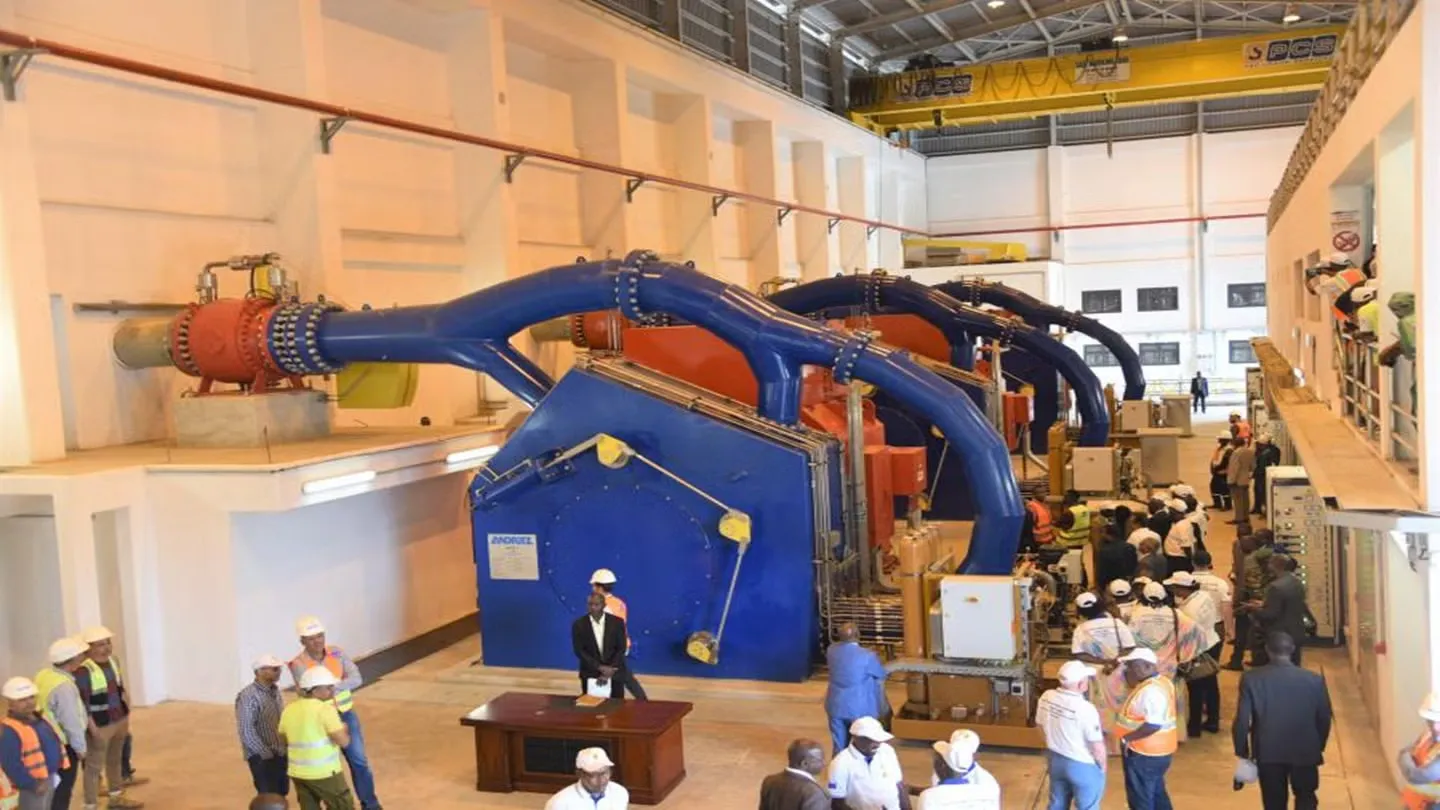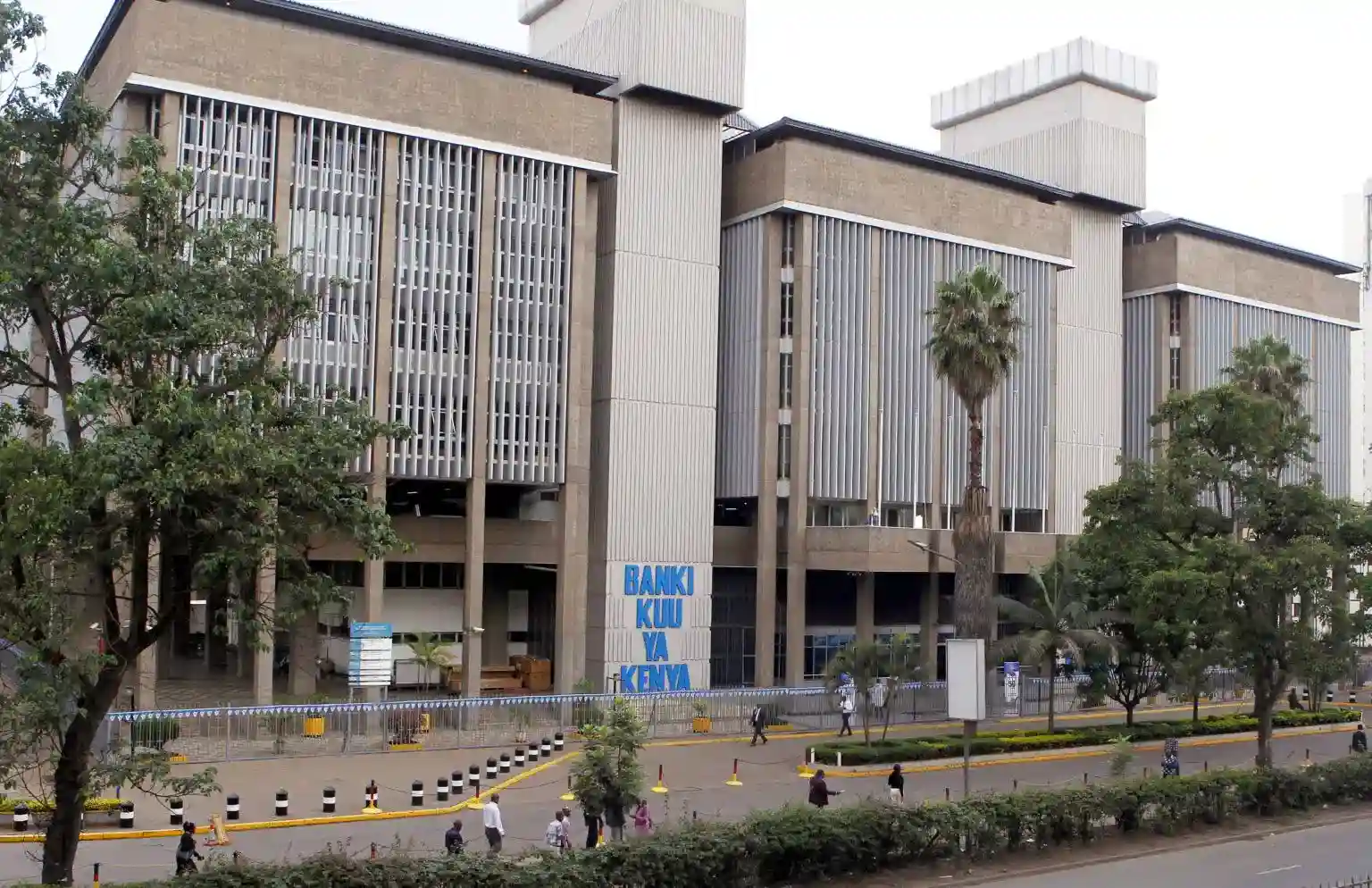Nigeria’s economy saw a notable improvement in the second quarter of 2024, with the Gross Domestic Product (GDP) growing by 3.19%, according to the National Bureau of Statistics (NBS). This growth rate reflects an increase from the 2.51% recorded in Q2 2023 and a slight uptick from the 2.98% observed in the first quarter of 2024. The GDP growth in Q2 2024 is largely attributed to the robust performance of the Services sector, alongside a strong recovery in the Industry sector.
Overview of Nigeria’s Economic Performance
The NBS report highlights that the Services sector was the primary driver of GDP growth, expanding by 3.79% and contributing approximately 58.76% to the total GDP. This sector’s performance underscores its increasing importance in Nigeria’s economic landscape, as it continues to outpace other sectors in terms of growth and contribution to GDP.
The agriculture sector, traditionally a significant contributor to Nigeria’s economy, recorded a modest growth of 1.41% in Q2 2024, slightly lower than the 1.50% growth rate achieved in the same period of the previous year. Despite the slight decline, agriculture remains a vital part of the economy, providing employment for a large portion of the population and ensuring food security.
Meanwhile, the Industry sector experienced a robust recovery, with a growth rate of 3.53% in Q2 2024, a significant turnaround from the contraction of -1.94% recorded in Q2 2023. This recovery is indicative of the sector’s resilience and the impact of policy measures aimed at revitalizing industrial activities, particularly in manufacturing and construction.
Sectoral Contributions to GDP
The NBS report provides a detailed breakdown of the sectoral contributions to Nigeria’s GDP in Q2 2024. The Services and Industry sectors both saw an increase in their shares of the aggregate GDP compared to the same period in 2023, reflecting their growing importance in the economy.
In nominal terms, the aggregate GDP at basic prices stood at N60.93 trillion in Q2 2024, up from N52.10 trillion in Q2 2023, representing a year-on-year nominal growth of 16.94%. This increase highlights the inflationary pressures in the economy, which have led to higher nominal GDP figures. However, when adjusted for inflation, the real GDP value for Q2 2024 was N18.29 trillion, only marginally higher than the N18.28 trillion recorded in Q1 2024.
Oil Sector Performance
The oil sector, which has historically been a significant contributor to Nigeria’s GDP, saw a mixed performance in Q2 2024. The average daily oil production fell to 1.41 million barrels per day (mbpd), down from 1.57 mbpd in Q1 2024 but higher than the 1.22 mbpd recorded in Q2 2023. Despite the decline in production, the sector’s real growth improved, with a year-on-year increase of 10.15% in Q2 2024, a sharp contrast to the -13.43% contraction seen in the same quarter of the previous year. This growth is indicative of better management of production challenges and an increase in global oil prices, which have provided some relief to Nigeria’s oil-dependent economy.
However, on a quarter-on-quarter basis, the oil sector experienced a contraction of -10.51%, reflecting ongoing challenges in maintaining stable production levels. The sector contributed 5.70% to the total real GDP in Q2 2024, slightly higher than the 5.34% recorded in Q2 2023 but lower than the 6.38% contribution in Q1 2024. This fluctuation in contribution underscores the volatile nature of the oil sector, which remains susceptible to global price changes and production disruptions.
Non-Oil Sector Performance
The non-oil sector, which is increasingly becoming the backbone of Nigeria’s economy, grew by 2.80% in real terms during Q2 2024. This growth rate was lower by 0.78 percentage points compared to the 3.58% recorded in Q2 2023 but remained stable compared to the 2.80% growth observed in Q1 2024. The non-oil sector’s performance in Q2 2024 was driven by key sub-sectors, including Financial and Insurance (particularly Financial Institutions), Information and Communication (especially Telecommunications), Agriculture (notably Crop Production), Trade, and Manufacturing (focused on Food, Beverage, and Tobacco).
These sub-sectors have been pivotal in sustaining the non-oil sector’s growth, contributing significantly to employment generation and economic diversification. The Financial and Insurance sector, for instance, has continued to expand due to increased financial inclusion efforts and the growth of digital banking services. Similarly, the Information and Communication sector has benefited from the rapid adoption of mobile and internet technologies, which have revolutionized how businesses operate and how consumers access services.
In real terms, the non-oil sector contributed 94.30% to Nigeria’s GDP in Q2 2024, slightly lower than the 94.66% recorded in Q2 2023 but higher than the 93.62% contribution in Q1 2024. This high contribution underscores the critical role of the non-oil sector in driving Nigeria’s economic growth, particularly as the country seeks to reduce its reliance on oil revenues.
Implications for Nigeria’s Economic Outlook
The 3.19% GDP growth recorded in Q2 2024 is a positive sign for Nigeria’s economy, reflecting resilience in the face of various challenges, including inflationary pressures, global economic uncertainties, and domestic structural issues. The strong performance of the Services and Industry sectors, in particular, indicates that efforts to diversify the economy are beginning to bear fruit.
However, the modest growth in the agriculture sector and the mixed performance of the oil sector highlight the need for continued focus on structural reforms and investments in key sectors. For instance, improving agricultural productivity through mechanization and better access to credit could help boost growth in the sector, while addressing infrastructure deficits and enhancing the business environment could further strengthen the Industry sector.
Moreover, the stability and growth of the non-oil sector will be crucial in ensuring sustained economic growth. Policies that support the expansion of key sub-sectors, such as Financial and Insurance, Information and Communication, and Manufacturing, will be vital in this regard. Additionally, maintaining macroeconomic stability, particularly by addressing inflation and exchange rate volatility, will be essential in sustaining investor confidence and driving economic growth.
Global and Regional Context
Nigeria’s economic performance in Q2 2024 should also be viewed in the context of global and regional economic developments. Globally, economic growth has been uneven, with advanced economies facing challenges such as high inflation and rising interest rates, while emerging markets have grappled with slower-than-expected recoveries. In this environment, Nigeria’s 3.19% GDP growth is relatively strong, especially when compared to some of its peers in Sub-Saharan Africa, where growth rates have generally been lower due to a combination of external shocks and domestic vulnerabilities.
Regionally, Nigeria’s economic performance has implications for the broader West African economy, given its status as the largest economy in the region. Strong GDP growth in Nigeria could have positive spillover effects on neighboring countries, particularly through trade and investment linkages. However, it also underscores the need for greater regional economic integration to enhance resilience and foster inclusive growth across West Africa.
Conclusion
In conclusion, Nigeria’s GDP growth of 3.19% in Q2 2024 reflects a resilient economy that is gradually diversifying away from its reliance on oil. The strong performance of the Services and Industry sectors, alongside stable growth in the non-oil sector, is encouraging. However, challenges remain, particularly in the agriculture and oil sectors, which require ongoing reforms and investments to unlock their full potential.
As Nigeria continues to navigate a complex global economic environment, maintaining macroeconomic stability and implementing structural reforms will be key to sustaining growth. The government’s focus on economic diversification, improving infrastructure, and enhancing the business environment will be critical in achieving long-term economic prosperity for the country. Additionally, fostering regional economic integration and leveraging Nigeria’s position as a leading economy in Africa will be important in driving inclusive growth and development across the continent.
Photo source: Google
By: Montel Kamau
Serrari Financial Analyst
28th August, 2024
Article, Financial and News Disclaimer
The Value of a Financial Advisor
While this article offers valuable insights, it is essential to recognize that personal finance can be highly complex and unique to each individual. A financial advisor provides professional expertise and personalized guidance to help you make well-informed decisions tailored to your specific circumstances and goals.
Beyond offering knowledge, a financial advisor serves as a trusted partner to help you stay disciplined, avoid common pitfalls, and remain focused on your long-term objectives. Their perspective and experience can complement your own efforts, enhancing your financial well-being and ensuring a more confident approach to managing your finances.
Disclaimer: This article is for informational purposes only and does not constitute financial advice. Readers are encouraged to consult a licensed financial advisor to obtain guidance specific to their financial situation.
Article and News Disclaimer
The information provided on www.serrarigroup.com is for general informational purposes only. While we strive to keep the information up to date and accurate, we make no representations or warranties of any kind, express or implied, about the completeness, accuracy, reliability, suitability, or availability with respect to the website or the information, products, services, or related graphics contained on the website for any purpose. Any reliance you place on such information is therefore strictly at your own risk.
www.serrarigroup.com is not responsible for any errors or omissions, or for the results obtained from the use of this information. All information on the website is provided on an as-is basis, with no guarantee of completeness, accuracy, timeliness, or of the results obtained from the use of this information, and without warranty of any kind, express or implied, including but not limited to warranties of performance, merchantability, and fitness for a particular purpose.
In no event will www.serrarigroup.com be liable to you or anyone else for any decision made or action taken in reliance on the information provided on the website or for any consequential, special, or similar damages, even if advised of the possibility of such damages.
The articles, news, and information presented on www.serrarigroup.com reflect the opinions of the respective authors and contributors and do not necessarily represent the views of the website or its management. Any views or opinions expressed are solely those of the individual authors and do not represent the website's views or opinions as a whole.
The content on www.serrarigroup.com may include links to external websites, which are provided for convenience and informational purposes only. We have no control over the nature, content, and availability of those sites. The inclusion of any links does not necessarily imply a recommendation or endorsement of the views expressed within them.
Every effort is made to keep the website up and running smoothly. However, www.serrarigroup.com takes no responsibility for, and will not be liable for, the website being temporarily unavailable due to technical issues beyond our control.
Please note that laws, regulations, and information can change rapidly, and we advise you to conduct further research and seek professional advice when necessary.
By using www.serrarigroup.com, you agree to this disclaimer and its terms. If you do not agree with this disclaimer, please do not use the website.
www.serrarigroup.com, reserves the right to update, modify, or remove any part of this disclaimer without prior notice. It is your responsibility to review this disclaimer periodically for changes.
Serrari Group 2025





